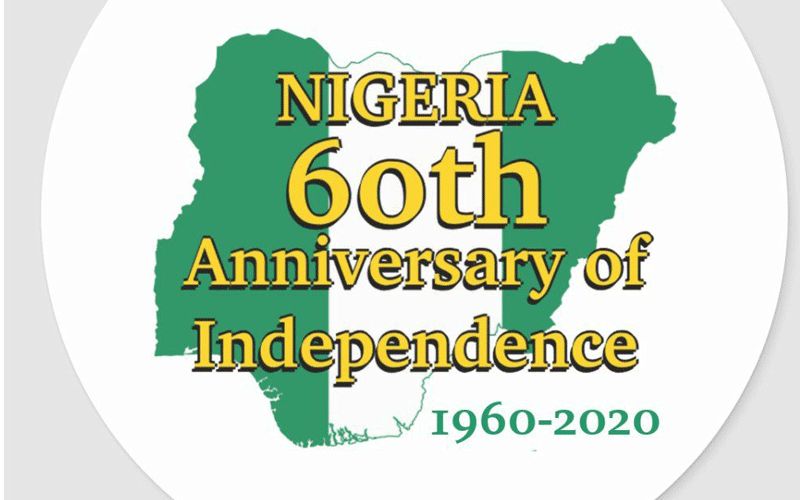Lagos, 28 September, 2020 / 7:15 pm (ACI Africa).
Ahead of Nigeria’s 60th Independence Day celebrations, an Archbishop in the country has faulted the government for failing to address insecurity and for the disunity in the west African country
“It was shameful that 60 years after gaining independence from the British, the country was yet to get its acts together; we still lack the quality leadership needed to guide the country in the path of peaceful coexistence, economic prosperity and security of life and property,” Archbishop Alfred Adewale Martins has been quoted as saying in a Saturday, September 26 report.
In the statement issued by the Director of Social Communications in the Archdiocese of Lagos, Fr. Anthony Godonu, Archbishop Adewale reflects on what still lies ahead as Africa’s most populous nation prepared for the October 1 event.
“We are an independent country still searching for how to become a nation where no one is oppressed and everyone feels a sense of belonging,” Archbishop Martins says and adds, “We were still battling with the effects of insecurities in the land when COVID-19 struck and made life impossible for those who lost their jobs and sources of livelihood.”
He highlights some of the economic challenges his country is facing saying, “There was an increase in the rate of VAT only to be followed by the imposition of stamp duty on house rent and Certificates of Occupancy. The dust raised by that had hardly settled when we were slapped with an increase in electricity tariffs, which was followed a couple of weeks later by an increase in the pump price of petrol.”








